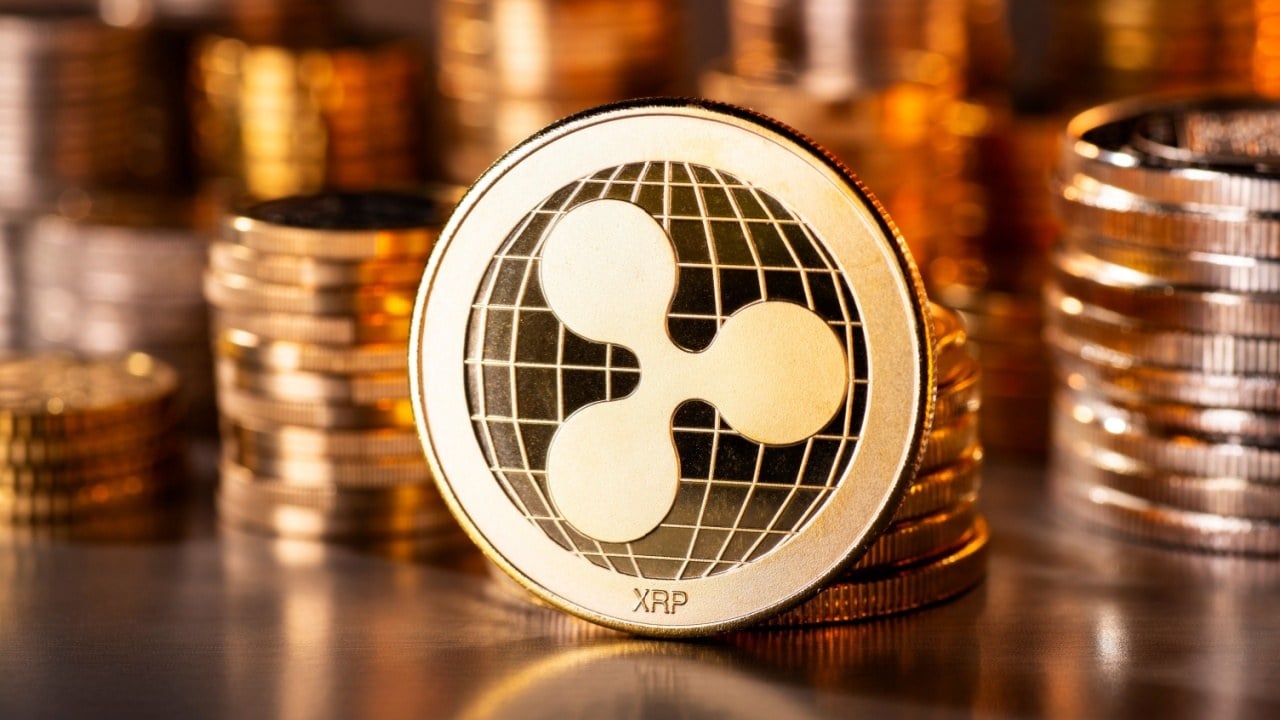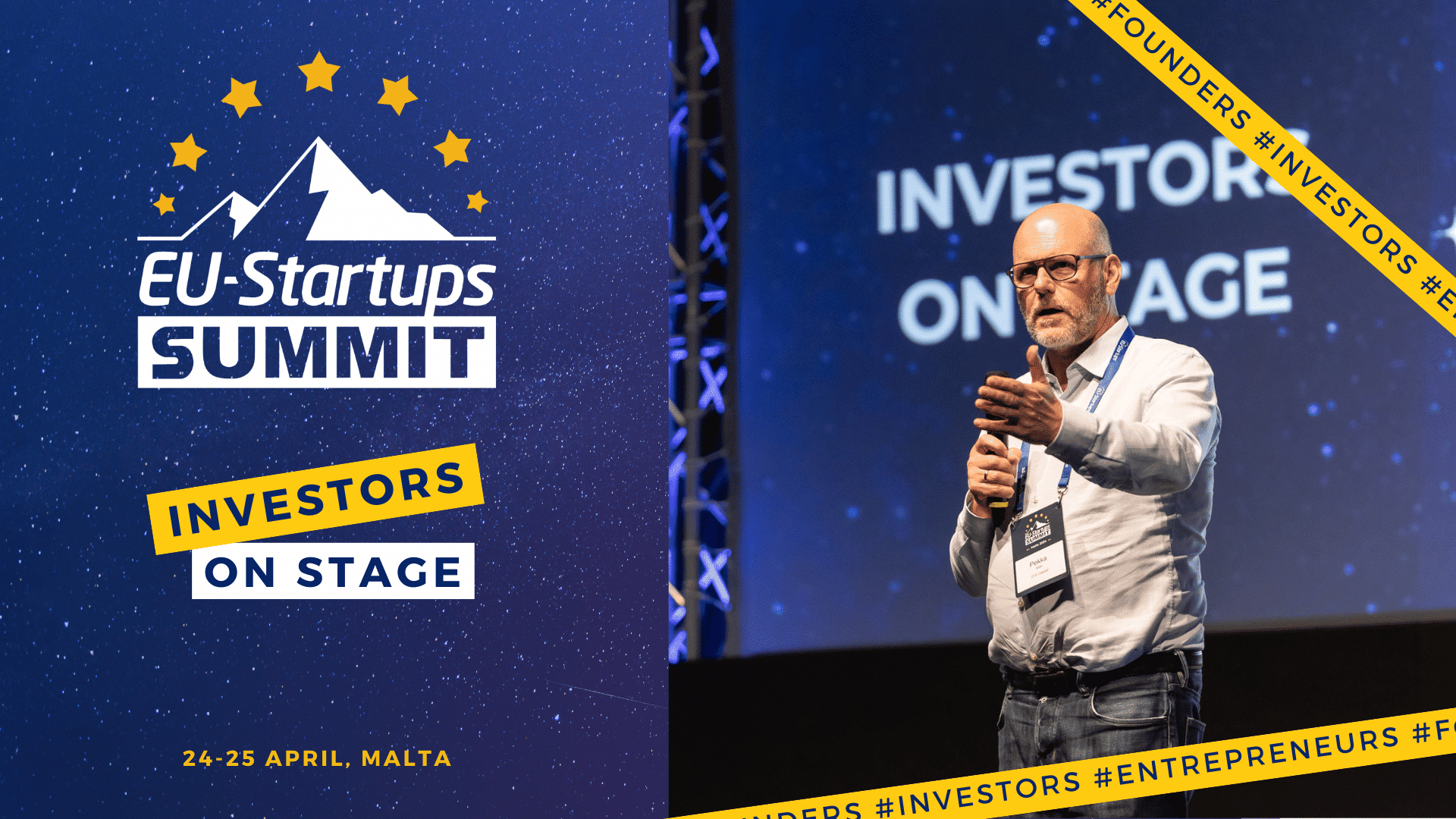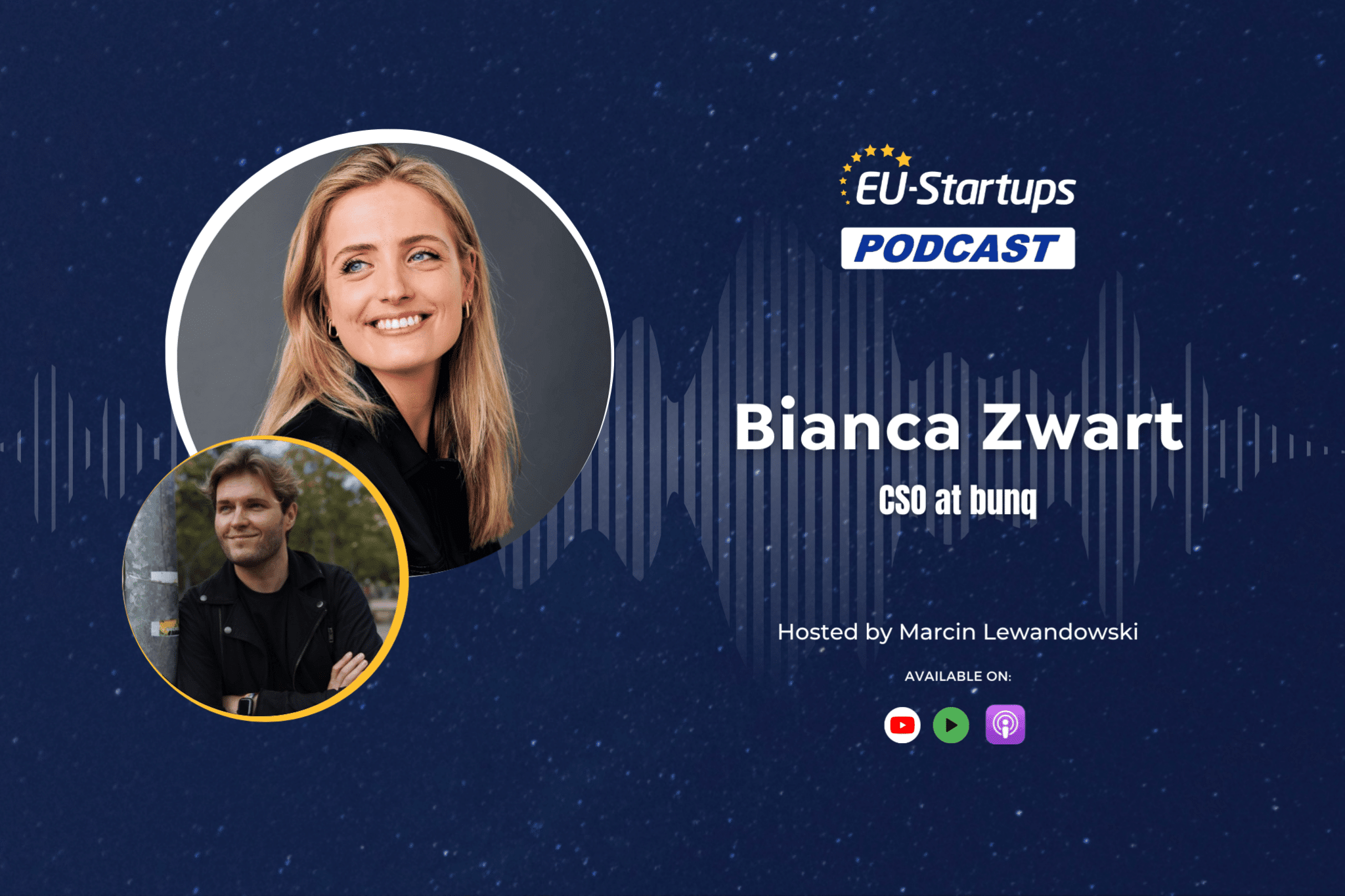AI keeps the lights on: European startups double down on AI as funding declines elsewhere
Despite growing concerns around declining investment levels across the European startup ecosystem, a fresh wave of data highlights one sector that continues to defy gravity—artificial intelligence. This article draws on three recent studies that provide distinct but complementary views on the role of AI in Europe’s innovation landscape. Data from Dealroom analysed by Balderton Capital […] The post AI keeps the lights on: European startups double down on AI as funding declines elsewhere appeared first on EU-Startups.

Despite growing concerns around declining investment levels across the European startup ecosystem, a fresh wave of data highlights one sector that continues to defy gravity—artificial intelligence.
This article draws on three recent studies that provide distinct but complementary views on the role of AI in Europe’s innovation landscape.
- Data from Dealroom analysed by Balderton Capital reveals a 55% year-on-year surge in European AI startup investment in Q1 2025, alongside insights into national trends, unicorn creation, and employment growth in the sector.
- A study by Finbold found that 48% of all new unicorns in 2025 worldwide are AI-driven, underscoring confidence in the sector.
- A report by Mano Bank, a specialised Lithuanian bank, explores how European startups—facing an ongoing funding crunch—are seeking alternative financial solutions to remain resilient.
The surveyed pools and focus areas vary, but all three sources point to a central trend: AI has the potential to fuel and insulate the European startup ecosystem amid broader investment decline.
VC money flows into AI while overall funding slows
Despite total tech investment in Europe dipping slightly from €11.8 billion in Q1 2024 to €11.6 billion in Q1 2025, AI startups saw a major boost. According to Dealroom and Balderton, these companies secured €2.9 billion in Q1 2025 alone, up from €1.9 billion the year before.
Stripping out AI, the rest of European tech actually saw a 10% year-on-year drop.
In tandem, the European Commission has doubled down on its support, committing €50 billion directly towards AI and promising €200 billion through EU “AI champions” focused on industrial technologies.
At the AI Action Summit in February 2025, Commission President Ursula von der Leyen outlined: “I welcome the European AI Champions Initiative that pledges €150 billion from providers, investors and industry. Today, I can announce with our InvestAI initiative that we can top up by €50 billion. Thereby we aim to mobilise a total of €200 billion for AI investments in Europe. We will have a focus on industrial and mission-critical applications. It will be the largest public-private partnership in the world for the development of trustworthy AI.”
Notably, emerging areas like AI agents—customisable tools for automation—attracted €45 million in early 2025, with Stockholm’s Lovable and London-based Paid AI leading the charge.
UK and Germany lead, France struggles
The United Kingdom remains the continent’s AI heavyweight.
UK-based AI startups raised €1.4 billion so far this year—47% of all European AI funding—while the number of people employed in the sector grew from 104,000 to 109,000.
Landmark funding rounds included Isomorphic Labs in London (€528 million) and Synthesia (€158 million). Ireland’s Tines also joined the unicorn ranks, alongside Sweden’s Neko Health, bringing the total number of AI unicorns in Europe to 76.
Germany saw AI investment rise 74% from €204 million in Q1 2024 to €355 million in Q1 2025, with strong performances from robotics firm Neura, climate platform Tado, and HealthTech company Avelios Medical – the last both raised €28 million.
By contrast, France reported an 18% drop in AI investment—from €321 million to €262 million—though this still fared better than its overall tech sector, which contracted by 26%. Notably, AI now represents 21% of all tech investment in France, up from 19% last year.
Unicorn boom: AI dominates future startup leaders
Data from Finbold reinforces the momentum: nearly half (48%) of the startups that became unicorns in Q1 2025 are in AI.
This reflects global trends, but the implications for Europe are particularly acute as the region seeks to strengthen its position in advanced technologies while competing with the US and China.
With AI increasingly viewed as a catalyst for scale, growth, and resilience, it’s unsurprising that venture capital continues to back startups across health, media, cyber security, and automation.
According to James Wise, partner at Balderton Capital, “European AI ambition is only getting stronger. The AI Action Summit in Paris set the bar high on what needs to be done in Europe and it’s great to see that European startups and scaleups are rising to challenge. From healthcare to cyber security and automation, European AI companies are building solutions that are desperately needed and the pace of funding demonstrates that investors are excited about the continent’s technological potential.”
Funding streams are drying
While AI thrives, the broader European startup landscape is feeling the pinch. According to Mano Bank, total VC investment in European startups fell from €41 billion in 2023 to €39 billion in 2024—down significantly from the 2021 peak of €88 billion.
The European Commission’s upcoming regulatory framework is intended to strengthen the internal market and discourage startups from relocating abroad. With 182,000 innovative SMEs now active in the EU—accounting for 99% of all companies—the need for stable, long-term financial support is greater than ever.
As AI becomes an increasingly dominant force in the European startup ecosystem, the temptation for companies to position themselves broadly within the trend is growing. However, as investment and competition in the AI space intensify, clarity of focus and depth of expertise are becoming critical differentiators.
Startups that identify specific AI applications—be it in healthcare, cybersecurity, or automation—and build credible, transparent strategies around them are far more likely to secure funding and long-term success.
Paula Zulonė, Head of key accounts at Mano Bank, added: “The “one-stop-shop” principle is popular these days, but the reality shows that very few startups succeed in achieving it. We see that merely striving to offer everything isn’t enough. Find your niche, understand your strengths, and communicate your value clearly to clients. Don’t jump on market trends just because they might seem profitable. Never engage in populism or empty promises that you can’t fulfill.”
AI as lifeline
The divergence between AI growth and overall funding contraction may define the European startup narrative in the coming years. AI is not just attracting a large portion of venture capital—it is also creating jobs, driving unicorn creation, and underpinning government policy.
In an ecosystem where up to 90% of startups fail within their early years, AI offers both a technological edge and a financial anchor.
While challenges remain, the data from Dealroom, Finbold, and Mano Bank paints a clear picture: amid crisis, Europe’s best bet may well lie in code and compute.
The post AI keeps the lights on: European startups double down on AI as funding declines elsewhere appeared first on EU-Startups.




























![[Webinar] AI Is Already Inside Your SaaS Stack — Learn How to Prevent the Next Silent Breach](https://blogger.googleusercontent.com/img/b/R29vZ2xl/AVvXsEiOWn65wd33dg2uO99NrtKbpYLfcepwOLidQDMls0HXKlA91k6HURluRA4WXgJRAZldEe1VReMQZyyYt1PgnoAn5JPpILsWlXIzmrBSs_TBoyPwO7hZrWouBg2-O3mdeoeSGY-l9_bsZB7vbpKjTSvG93zNytjxgTaMPqo9iq9Z5pGa05CJOs9uXpwHFT4/s1600/ai-cyber.jpg?#)













































































































































![[The AI Show Episode 144]: ChatGPT’s New Memory, Shopify CEO’s Leaked “AI First” Memo, Google Cloud Next Releases, o3 and o4-mini Coming Soon & Llama 4’s Rocky Launch](https://www.marketingaiinstitute.com/hubfs/ep%20144%20cover.png)















































































































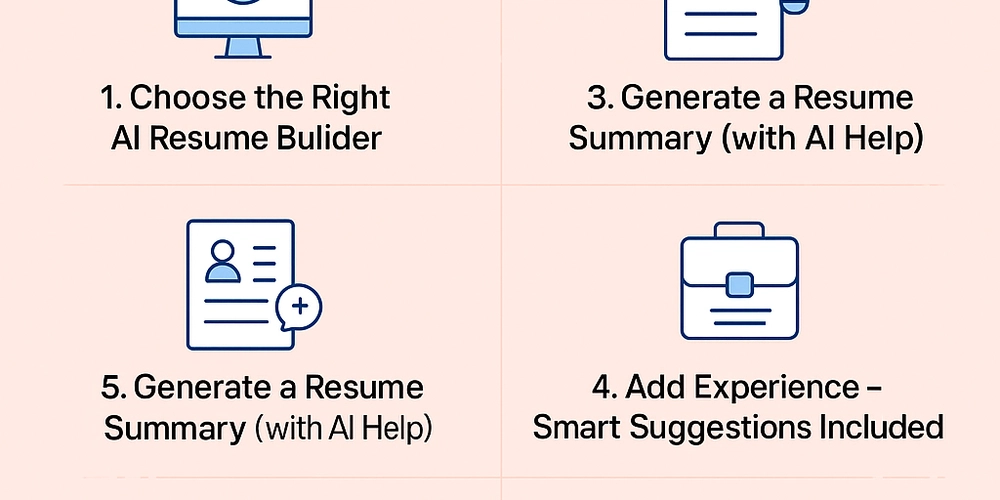

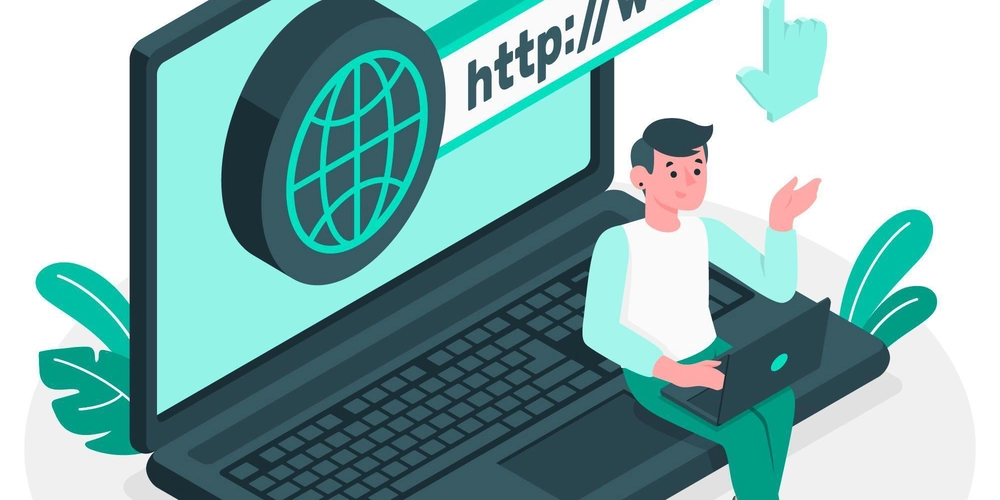


















































































![Rogue Company Elite tier list of best characters [April 2025]](https://media.pocketgamer.com/artwork/na-33136-1657102075/rogue-company-ios-android-tier-cover.jpg?#)








































































_Andreas_Prott_Alamy.jpg?width=1280&auto=webp&quality=80&disable=upscale#)




























































































![What’s new in Android’s April 2025 Google System Updates [U: 4/18]](https://i0.wp.com/9to5google.com/wp-content/uploads/sites/4/2025/01/google-play-services-3.jpg?resize=1200%2C628&quality=82&strip=all&ssl=1)










![Apple Watch Series 10 Back On Sale for $299! [Lowest Price Ever]](https://www.iclarified.com/images/news/96657/96657/96657-640.jpg)
![EU Postpones Apple App Store Fines Amid Tariff Negotiations [Report]](https://www.iclarified.com/images/news/97068/97068/97068-640.jpg)
![Apple Slips to Fifth in China's Smartphone Market with 9% Decline [Report]](https://www.iclarified.com/images/news/97065/97065/97065-640.jpg)






















































































































